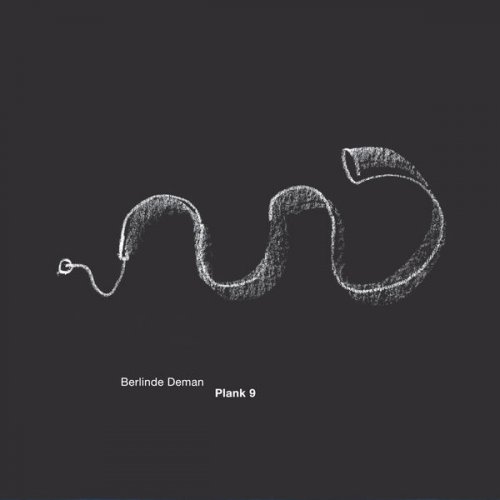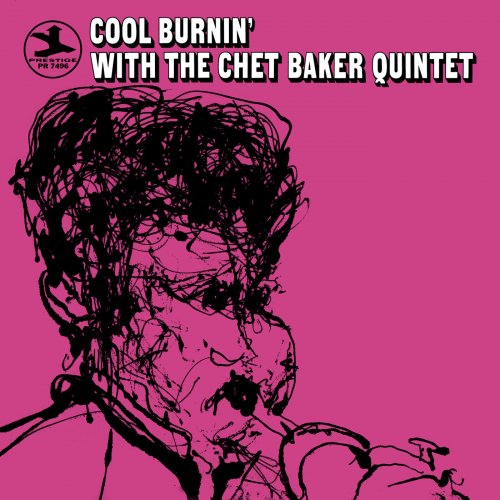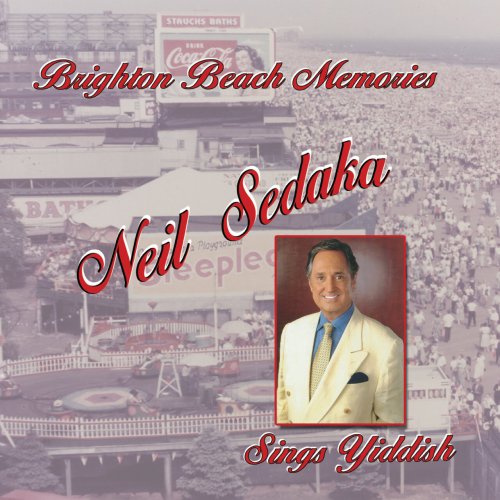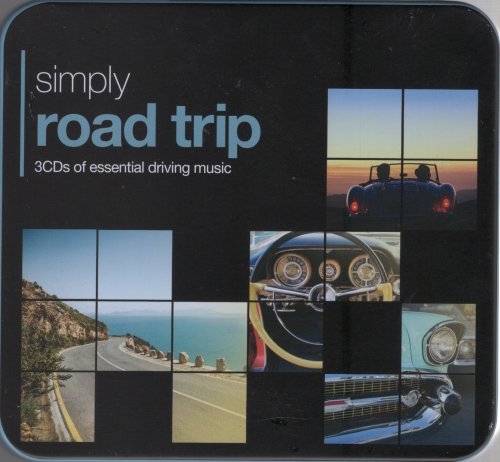01. Hot Rod Lincoln (Live)
02. Smoke! Smoke! Smoke! (That Cigarette) (Live)
03. A Six Pack To Go (Live)
04. Wine Do Yer Stuff (Live)
05. Sunset On The Sage (Live)
06. Steel Guitar Rag (Live)
07. California Okie (Live)
08. Kentucky Hills Of Tennessee (Live)
09. Mama Tried (Live)
10. What Made Milwaukee Famous (Made A Loser Out Of Me) (Live)
11. That's What I Like About The South (Live)
Commander Cody and His Lost Planet Airmen were, in essence, a big bar band adept at delighting audiences with their own meld of rockabilly, classic R&B, honky tonk, Western swing, Cajun, and gritty country-rock. The band's unpretentious, straightforward energy gave their records drive and elevated live performances. The individual members were fine musicians; everything they played was convincing. Between 1971 and 1978 they issued half-a-dozen well-received recordings on Paramount and Warner Bros. Their debut, Lost in the Ozone, netted their only hit single, a cover of Charles Ryan's "Hot Rod Lincoln." The remaining Paramount titles -- 1972's Hot Licks, Cold Steel & Truckers Favorites, 1973's Country Casanova, and 1974's Live from Deep in the Heart of Texas all charted. The eponymous Commander Cody and His Lost Planet Airmen appeared in 1975. It was followed months later by Tales from the Ozone. The band split in 1977.
The group originally formed in 1967 in Ann Arbor, Michigan. The original lineup included Commander Cody (born George Frayne IV, piano), John Tichy (lead guitar), Steve Schwartz (guitar), Steve "The West Virginia Creeper" Davis (bass), and Ralph Mallory (drums). When the group relocated to San Francisco the following year, only Frayne, Bolton, and Tichy made the move; the group's membership was bolstered by adding Billy C. Farlow (vocals, harp), Andy Stein (fiddle, saxophone), guitarist Bill Kirchen, bassist "Buffalo" Bruce Barlow, and drummer Lance Dickerson to their lineup and recorded their 1971 debut album, Lost in the Ozone. It peaked at number 82 in the Top 200.
The following year the group scored a fluke Top Ten hit with "Hot Rod Lincoln," taken from the album. Shortly thereafter, Dickerson, Barlow, and manager and bus driver Ed Dufault moved to a ranch in Kenwood, California named "The Casa Felice." The band set up a studio there and practiced for upcoming tours. Encouraged, they hit the road in 1972, working across the continental U.S. and getting a particularly enthusiastic reception at the Armadillo World Headquarters in Austin, Texas.
1972's sophomore outing, Hot Licks, Cold Steel & Truckers' Favorites showcased the arrival of new pedal steel guitarist Bobby "Blue" Black. The album mixed country trucking classics such as "Truck Drivin' Man" and "Looking at the World Through a Windshield" with the band's canny originals written in that spirit. It peaked at number 94. The Stephan Jarvis-produced Country Casanova followed in 1973. Only four of its songs were covers, as the band's confidence in their songwriting had grown, and Frayne, Farlow, Barlow, Stein, and Tichy collaborated in several combinations. Despite the high quality of the recording, it had a hard time finding airplay outside a few select markets; it peaked at number 104.
Commander Cody and His Lost Planet Airmen weren't able to capitalize on "Hot Rod Lincoln"'s success, partially because their LPs, despite their exceptional musical quality, didn't quite capture their live energy. To that end, they released Live from Deep in the Heart of Texas, recorded at Armadillo World Headquarters in Austin, Texas and released in 1973. It marked a change in direction for the band as it included only two performances of previously released material. The remaining 11 songs offered eight covers -- including showstopping reads of Johnny Horton's "I'm Comin' Home," and Leiber and Stoller's "Riot in Cell Block #9" -- and a trio of new originals. Live from Deep in the Heart of Texas peaked at number 105. It was their final album for Paramount.
Commander Cody and His Lost Planet Airmen signed with Warner Bros. The label had faith in the band despite the corporate groupthink that felt their sound signature and twang-laden style limited their sales appeal. They consciously strategized to push the group into a mellower, more accessible California country-rock direction á la Poco, the Eagles, and Doobie Brothers. That didn't go over well with the band. There were constant conflicts with producer John Boylan (selected by the label, they were detailed in Geoffrey Stokes' Star-Making Machinery, about the album's recording process). Nevertheless, "smoother" or not, the contents reflected the band's stylistic diversity and dedication to their roots-drenched sound whether re-recording George's "Willin'," covering Don Raye and Freddie Slack's jump R&B classic "House of Blue Lights," (with special guests the Tower of Power Horns), or Hoyt Axton's "Southbound." That said, their own songs, in particular Frayne and Tichy's "The Devil and Me" and Tichy and Farlow's "Keep On Lovin' Her" elevated the band's creativity. It also paid off and peaked at number 58, becoming the band's highest-charting album.
Later that year, the Axton-produced Tales from the Ozone was released as the band's final studio album. Though it included only two originals in Frayne, Kirchen, and Farlow's "It's Gonna Be One of Those Nights" and Stein's "Gypsy Fiddle," it also included an exceptionally well-done set of covers from Calloway, Billy Joe Shaver, Williams, Farrell, Leiber and Stoller, and Axton himself, which elevated it above other roots-styled recordings and won status among longtime fans. Unfortunately, it didn't chart all that well, peaking at number 168. Commander Cody and His Lost Planet Airmen fulfilled their Warner Bros. contract with the double set We've Got a Live One Here! in 1976 that reached number 170. Tichy left the band shortly thereafter.
Commander Cody released his first solo album, Rock 'n' Roll Again for Arista in 1977. It spent five weeks on the album charts and peaked at number 163. He followed it with 1978's Flying Dreams, a substandard album he distanced himself from due to being coerced by his producer into recording a cover of the band's" Life Is a Carnival." The New Commander Cody Band did well with 1980's Lose It Tonight. Issued by Germany's Line Records, it featured the video single "Two Triple Cheese (Side Order of Fries)" that won airplay on MTV. In 1986, Commander Cody's Let's Rock! was simultaneously released by Blind Pig Records in the U.S. and Line Records in Germany. Primarily a roots rock set, its lineup included former Airmen Kirchen (who also served as executive producer), Barlow, and Black.
After a 23-year hiatus that saw only reissues and officially and unofficially released live gigs by the Airmen and Cody solo, the Airmen returned to the studio and released Dopers, Drunks and Everyday Losers, a 2009 Blind Pig collection of new songs and classics from the Cody catalog. Many live albums (some dubiously sourced) by Frayne, Commander Cody Band, and Commander Cody and His Lost Planet Airmen appeared from a slew of labels across the globe. Two of the better ones, 2020's Found in the Ozone (Family Dog at the Great Highway San Francisco, California, March 28, 1970) and Strange Adventures on Planet Earth (drawn from tours in 1973 and 1974) appeared in 2020 and 2021, respectively. On September 26, 2021, Frayne died of cancer. He was 77. ~ Thom Jurek & Stephen Thomas Erlewine
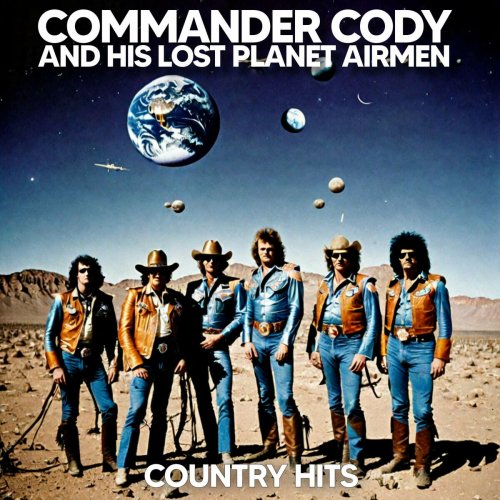

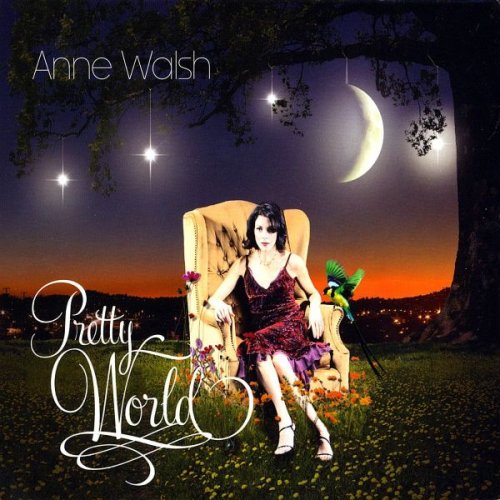
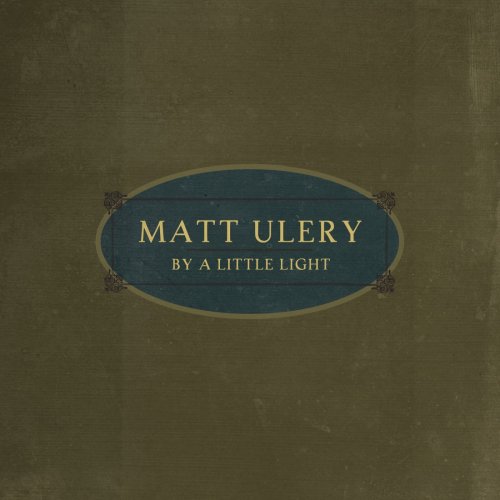
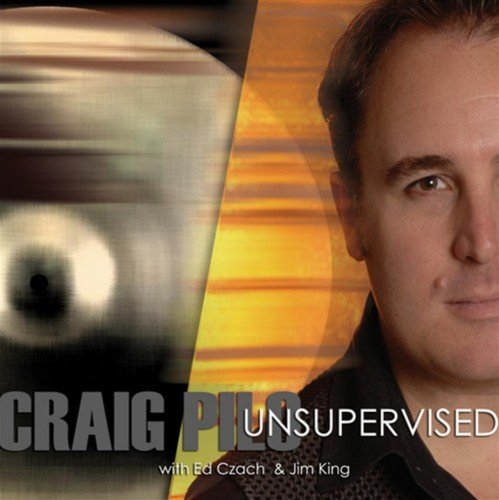
![VA - Best of ABC Jazz '25 (2025) [Hi-Res] VA - Best of ABC Jazz '25 (2025) [Hi-Res]](https://www.dibpic.com/uploads/posts/2025-10/1761874251_el2tr8e21k5ca_600.jpg)
![Dutch Jazz Collective - United (2025) [Hi-Res] Dutch Jazz Collective - United (2025) [Hi-Res]](https://www.dibpic.com/uploads/posts/2025-10/1761725920_folder.jpg)
